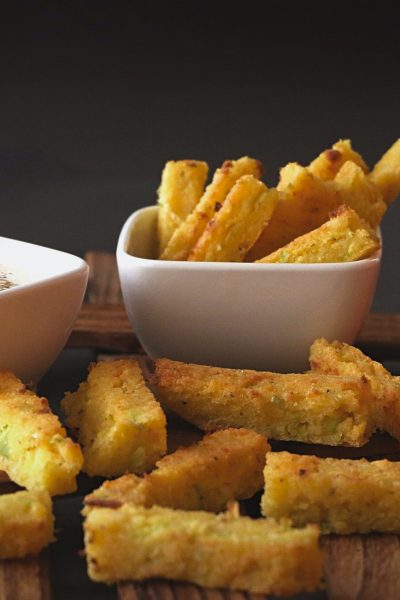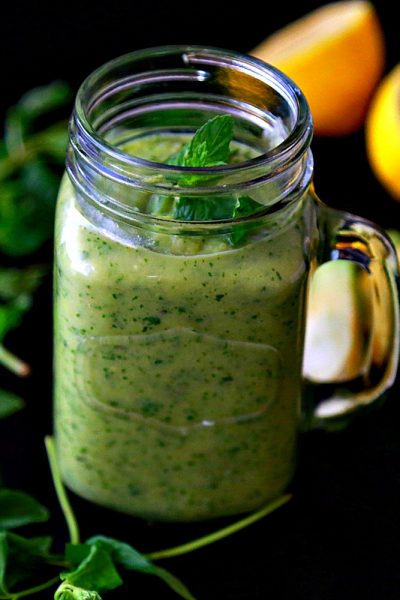Sustainability has become mainstream these days. You hear it and read it everywhere from sustainable food to sustainable offices, in all fields from business to agriculture. Does it become a cliche word? What does it mean?
In my post To go for Organic products or not? My thoughts I discussed the issue of choosing organic products or not, and how the experts argue that choosing organic ones is beyond our health and its for environmental sustainability. So what does Sustainability means?

According to EPA (United States Environmental protection Agency), Sustainability is based on a simple principle: Everything that we need for our survival and well-being depends, either directly or indirectly, on our natural environment. In other words it’s how we can thrive in the world without depleting natural resources and depriving next generations.
What do we mean by agricultural sustainability?
It means applying agriculture practices with fair use of natural resources, soil, land, water, energy, and animal welfare.
Because the human population is in continuous growth; we need more fertile lands for cultivating crops especially for the staple ones like wheat and corn. This high demand forced the experts and scientists in ecology, biology, chemistry, and other researchers in related fields, to concerted their efforts and experiences to create more ways to encounter the plea. Unfortunately these high technology practices like GMO (Genetically Modified Organisms, I’ll explain it in separate blog post soon), comes with a high price, they are heavily dependent on non-renewable energy (like petroleum) it can cause soil erosion, deforestation,and an increase in greenhouse gases.
To attain agricultural sustainability, we should seek alternative approaches like organic farming, rotating crops (which means growing more than one kind of crops) management of the soil, grazing management for animal production practices.
Does your diet affect the Earth?
Yes, diet does matter! Relying on high animal protein diets on daily basis costs the earth more land regions, energy, water and other natural resources needed for raising animal farms. In one study done by the AJCN in California, the results showed that the non-vegetarian diet required 2.9 times more water, 2.5 times more primary energy, 13 times more fertilizer, and 1.4 times more pesticides than did the vegetarian diet.
As a consumer what is your role?
A lot of movements now call for Veganism (strictly abstaining use of animal products) or plant based diet to protect our planet. If you are a vegan for ethical or religious reasons you actually doing a big favor for our Earth. As a dietitian and an omnivore, I admit that going for plant-based diet would mitigate the depletion of natural resources. I recommend including more plant dishes in your diet, or maybe you can be a flexitarian (means being a vegetarian with occasionally including meat in your diet) and I advise you to do the following:
- Don’t confine yourself, read about approaches for protecting the natural resources, and ask yourself what you can do to reach Agricultural sustainability.
- look up the internet for recipes for plant-based dishes.
- Explore other cuisines like Indian, Middle Eastern and Asian, these cuisines are packed of totally vegan options or, at least vegetarian.
- Host gathering events for friends and family while serving plant-based dishes and explain to them why we should include more plant-based dishes.
- Seek the advice from a dietitian about how to include more plant dishes and know your options.
Finally, I recommend these websites if you want to search for sustainable food and farms:
Sustainable Agriculturehttp://oregonstate.edu/instruct/bi430-fs430/Documents-2004/7B-MIN%20TILL%20AG/Sustainable%20Agr%C3%89hn%20Reganold.pdf
What is Sustainable Agriculture? http://www.sarep.ucdavis.edu/sarep/about/def
Diet and the environment: does what you eat matter http://ajcn.nutrition.org/content/89/5/1699S.short





